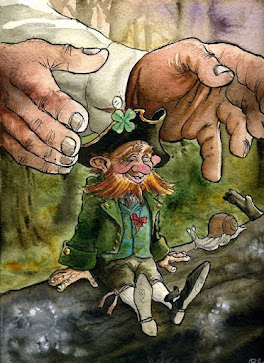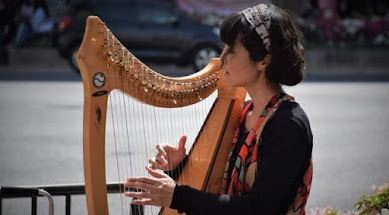The Irish diaspora and its impact on Saint Patrick's Day celebrations
The millions of people of Irish ancestry who reside outside of Ireland are referred to as the Irish diaspora. The way Saint Patrick's Day is observed around the world has been significantly influenced by the diaspora.
Saint Patrick's Day in Ireland was historically a religious holiday, but thanks in part to the diaspora, it has changed into a cultural celebration of Irish identity and legacy. Today, Saint Patrick's Day is observed globally with parades, celebrations, and cultural activities.
Saint Patrick's Day is a significant cultural occasion in places with large Irish populations, such as Boston, New York, and Chicago, with parades that attract thousands of spectators. The events provide Irish people a chance to commemorate their ancestry and forge ties with their community and frequently include traditional Irish music, dance, and cuisine.
Irish literature and culture have been widely promoted thanks in large part to the diaspora. Irish authors like Samuel Beckett, W.B. Yeats, and James Joyce are well-known worldwide, while Irish music and dance have gained popularity in many nations.
The diaspora has nevertheless encountered difficulties, particularly in the early years of emigration, when many Irish people encountered prejudice and discrimination in their new homeland. Many persons of Irish origin still struggle to identify with their Irish history and confront identity-related difficulties today.
In conclusion, Saint Patrick's Day celebrations around the world have been greatly influenced by the Irish diaspora. The festivities give Irish people a chance to celebrate their history and heritage while also introducing Irish literature and culture to a wider audience.






Comments
Post a Comment